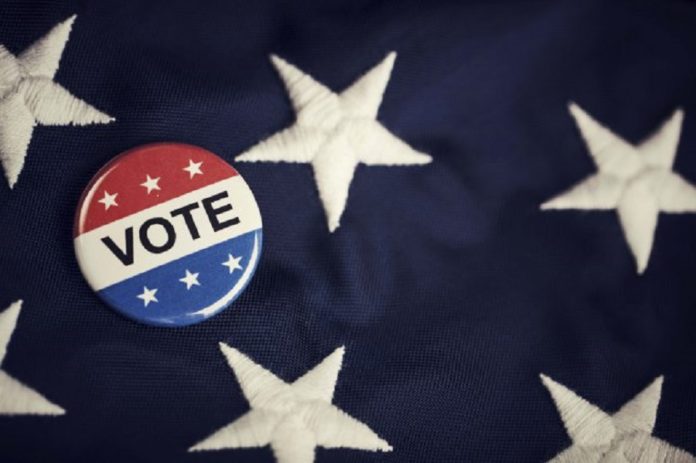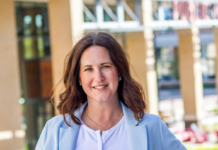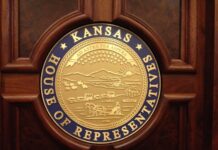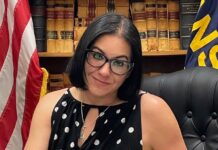Kansas secretary of state candidates said Monday night they would not use the prosecutorial powers that the Legislature gave Kris Kobach three years ago.
Democrat Brian McClendon, Republican Scott Schwab and Libertarian Rob Hodgkinson said they would leave voter fraud prosecutions to the attorney general or local district attorneys.
Their comments came in a debate televised by KTWU television in Topeka on Monday night where they took up a range of issues, including voter identification, the makeup of the state Objections Board and whether the secretary of state should appoint the election commissioners in the four largest counties.
The power of the secretary of state’s office to prosecute voter fraud cases — an authority won by Kobach as secretary of state — was one issue where the candidates all agreed.
It’s been a hot issue at the Capitol, especially among skeptical lawmakers who believe the law was never needed. Last year, Democratic state Rep. John Carmichael of Wichita introduced a bill stripping the secretary of state of his prosecutorial powers.
“I don’t think it needs to be a function in the secretary of state’s office,” Schwab said. “It’s draining resources in the office today that can be use elsewhere.”
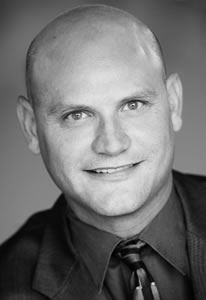
Schwab acknowledged voting for the bill giving the secretary of state prosecutorial powers, but added, “It didn’t produce the fruit we had hoped.”
McClendon, a former Google executive, noted that the outgoing secretary of state used the law to target people who made mistakes without intending to cheat the system.
“The people that were convicted were not people with ill intent,” McClendon said.
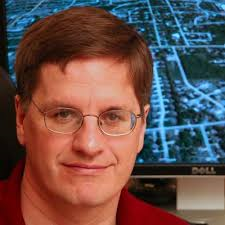
“As far as I can tell for all nine people who were convicted, they made mistakes — maybe more than a hand slap but certainly less than a felony,” he said. “We need somebody with the legal judgment in a real law office to make that decision.”
Hodgkinson said he would not prosecute anyone as secretary of state. “We’re not having that big of a problem with it,” Hodgkinson said of voter fraud. “To have that power is unnecessary.”
From there, the candidates started to part ways in the nearly hourlong debate. The two major candidates — Schwab and McClendon — differed on requiring voter ID at the polls and whether to change the composition of the state Objections Board.
The Objections Board — made up of the secretary of state, the attorney general and the lieutenant governor or their designees — came under fire this year from critics who said its partisan composition made it impossible to fairly judge election appeals.
The board made a series of controversial decisions this year, including one allowing a Republican candidate to remain on the ballot even though he listed a house that had been foreclosed on.
“This year, it’s clear it is not working,” McClendon said of the board. “There were all sorts of partisan decisions made that just on the face of it should have been done a lot differently. We need to get nonpartisans in there.”
Schwab questioned just what a new panel might look like. While Schwab said he appreciated the idea of moving to a nonpartisan board, he wondered who would make that appointment.
“Who’s going to appoint that nonpartisan person? A partisan person,” Schwab said. “So you’re not really going to be many degrees far removed where you’re at today.”
Schwab defended the system, saying it has worked well regardless of whether Republicans or Democrats sat on the board. He said it’s up to the Legislature whether to change the board.
“If they want to do it, then I am going to submit myself to the legislative policy and execute on the law they want to do.”
Turning to photo ID for voting, McClendon said he thought the mandate adds a barrier to people voting.
He noted that many young adults don’t have a driver’s license, meaning they have to take an extra step of getting an official state ID. Also, as voters get older they’re more at risk of losing their driver’s license, also impeding their ability to vote.
“We need counties to provide ID freely and efficiently so everybody can get it, or we need to change the law to solve this a different way,” McClendon said.
Schwab said the photo ID law was important for protecting the integrity of elections and ensuring that votes aren’t stolen.
The law, he said, was intended to stop someone from pulling a name from the voter rolls and showing up at a polling place and casting a vote in place of someone else.
“Those were the stories that pushed us to voter ID,” Schwab said. “You don’t want your elections being decided in court because people are voting in someone else’s stead.”
Schwab added that voters over 60 are eligible to use an expired ID to vote.

Hodgkinson admittedly said his answer to a photo ID requirement was “yes and no.” The law, he said, hurts seniors, the less affluent and voters with disabilities who can’t easily get an ID.
“I believe a picture ID is a good idea,” he said. “The problem is that we can’t get picture IDs for the people that need them all across the board easily.”
Each of the candidates was asked if he favored changing the law that gives the secretary of state the right to appoint the election commissioner in the four largest counties — Johnson, Wyandotte, Shawnee and Sedgwick.
Schwab said it should be left up to the secretary of state to make those appointments with input from the county commissions.
He said the secretary of state should choose from several candidates recommended by the counties with the appointment subject to Senate confirmation. He also would like to change the law so election commissioners can be chosen from out of state.
Hodgkinson said election commissioners should be locally elected. Currently, the commissioners in the four biggest counties are “cronies” of the secretary of state. “That’s not good.”
McClendon said he thinks a different process is needed for appointing the commissioners in the largest counties. He said it should involve more local control.







